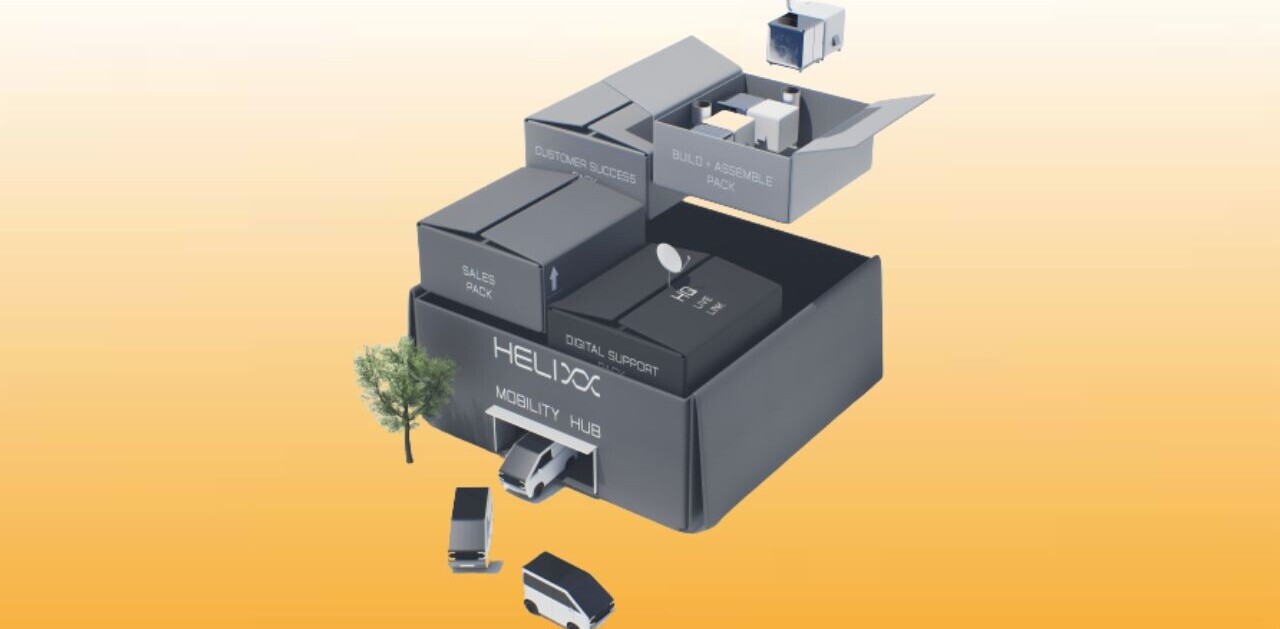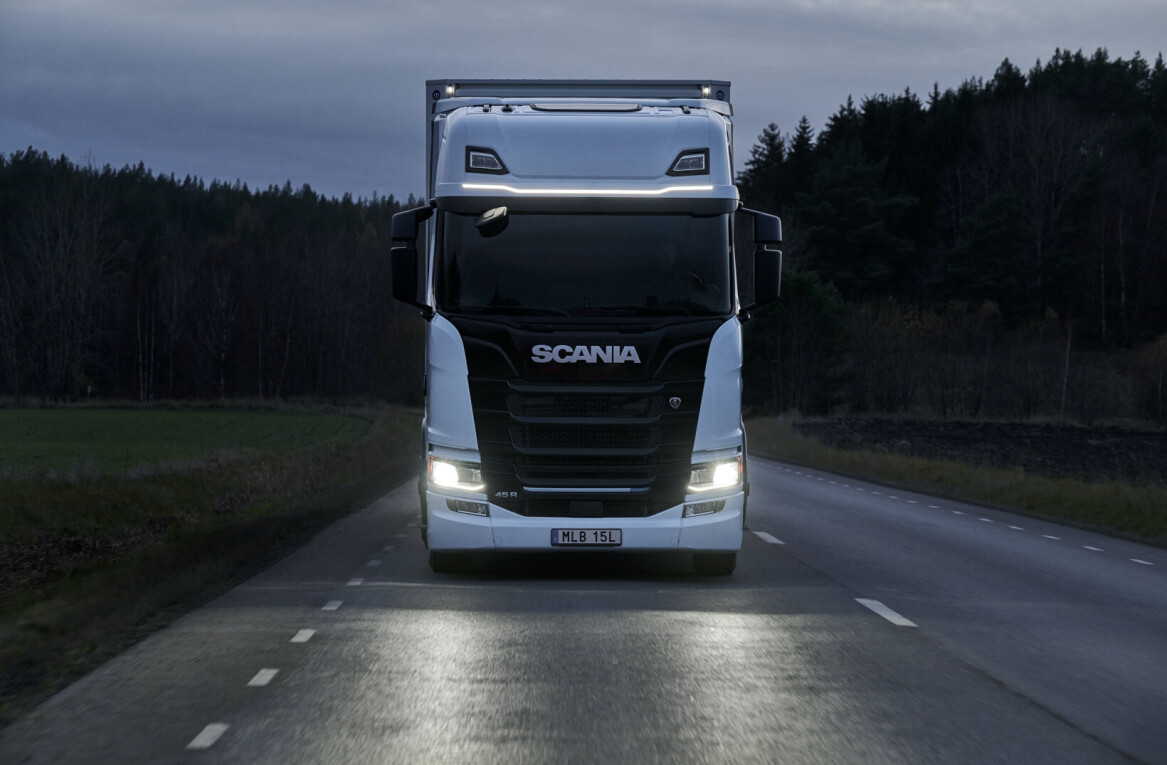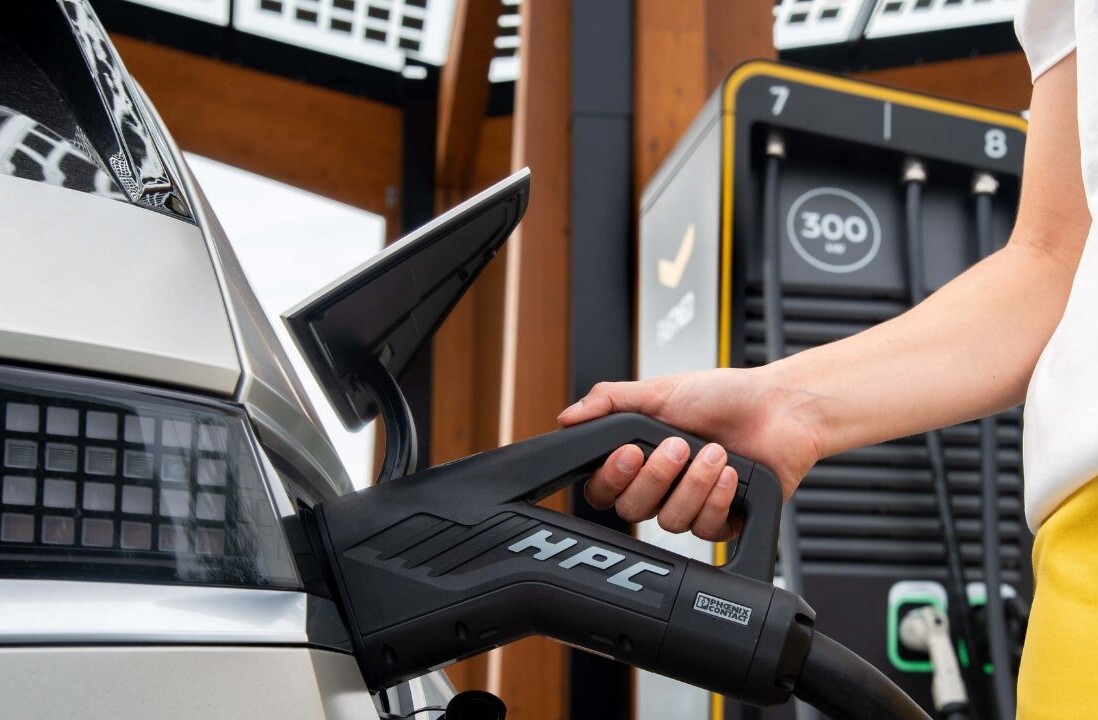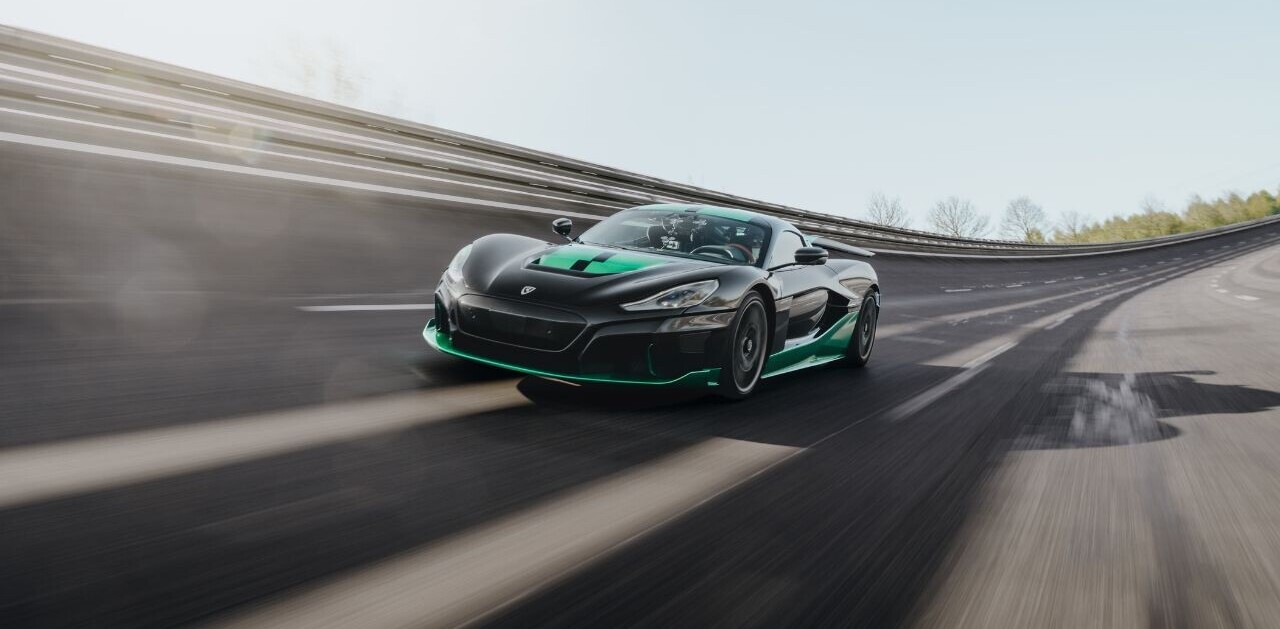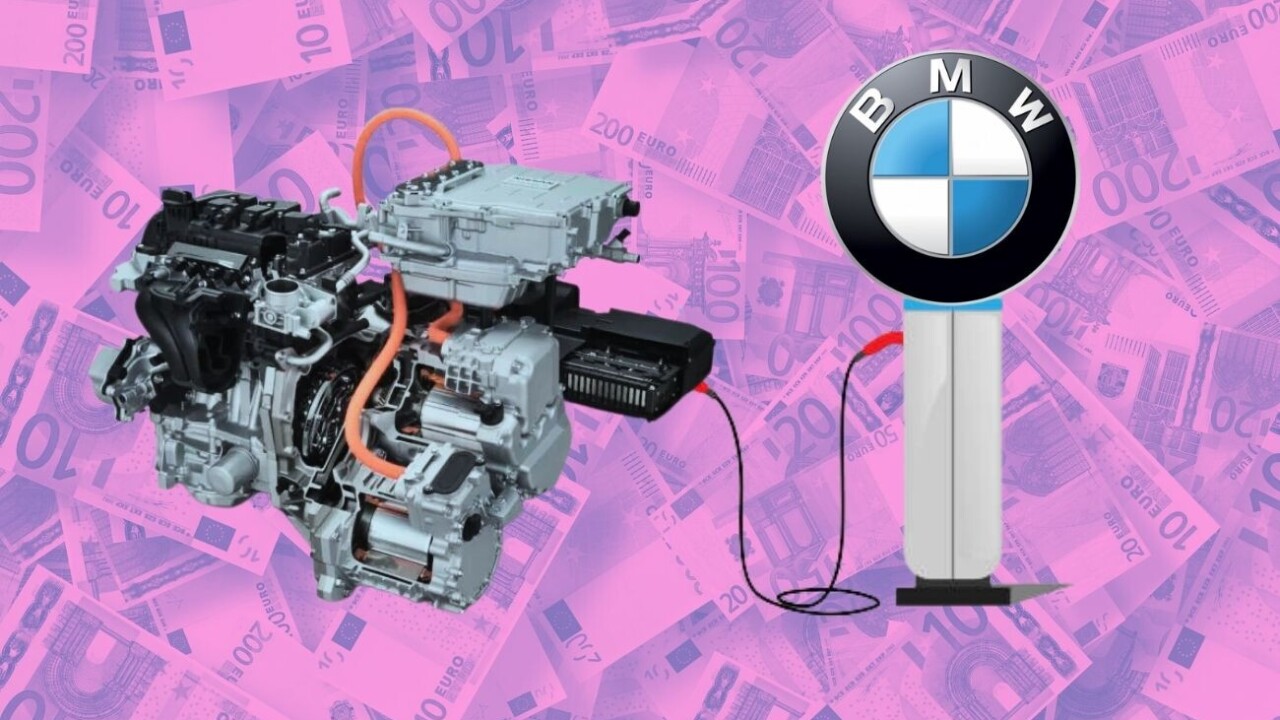
BMW has invested in DeepDrive, the German startup behind a new type of “ultra-efficient” motor for electric vehicles.
The €15m Series A funding round also saw participation from the likes of UVC Partners, the Continental Corporate Venture Capital Unit, and former board member and CTO of Audi and Volvo, Peter Mertens.
Founded in 2021, the Munich-based startup has developed a radial flux dual-rotor motor that boasts the highest torque and power density of any EV motor available today, the startup claims. It also has low noise emissions, and is built using far fewer rare earth materials.
All of this translates to an electric motor that is fast, quiet, and super efficient. What’s more, the motor and its power electronics can be installed in both the wheel hub and the central drive of an electric car. Why does that matter? Well firstly, it means the motor can be installed in a wide range of electric car types. Secondly, an electric car with four ultra-efficient motors, one in each wheel, would be insanely fast, but quiet as a mouse.

But the real selling point is more modest: DeepDrive’s drive unit results in a car that will drive 20% further and require 20% smaller batteries than its competitors. That might not sound like a lot, but this increase in efficiency could result in serious cost savings over the lifecycle of an EV, and automakers seem to agree.
Marcus Behrendt, Managing Director at BMW i Ventures, said he believes the motors offer major advantages in terms of weight, cost, and space — enabling the “next generation of ultra efficient and resource-saving electric vehicles.”
The founding team of DeepDrive first met at TUfast, the student motorsport team of the Technical University of Munich (TUM). Since then, they have developed the technology, filed patents, built the first prototypes of the drive, and validated its function at the Fraunhofer Institute, Europe’s largest application-oriented research organisation.
Now, armed with fresh capital, DeepDrive plans to start production of the dual-rotors and expand its team. The company says it is already in talks with eight of the world’s top 10 automakers, and aims to begin series production in 2026.
DeepDrive co-founder and CEO, Felix Pörnbacher, said he believes the demand for their dual-rotor technology shows they are “on the right track.”
In Europe, electric cars (including hybrids) made up 35% of all new vehicle sales in 2022, up from 10% in 2020. However, EVs are still costly to produce, and the limited range of many models remains a stumbling block for manufacturers. This is driving demand for motors that are smaller, lighter, and more powerful, which is good news for DeepDrive.
Get the TNW newsletter
Get the most important tech news in your inbox each week.

